Why does my air purifier smell? And what to do about it, according to experts
There are 5 possible reasons why...
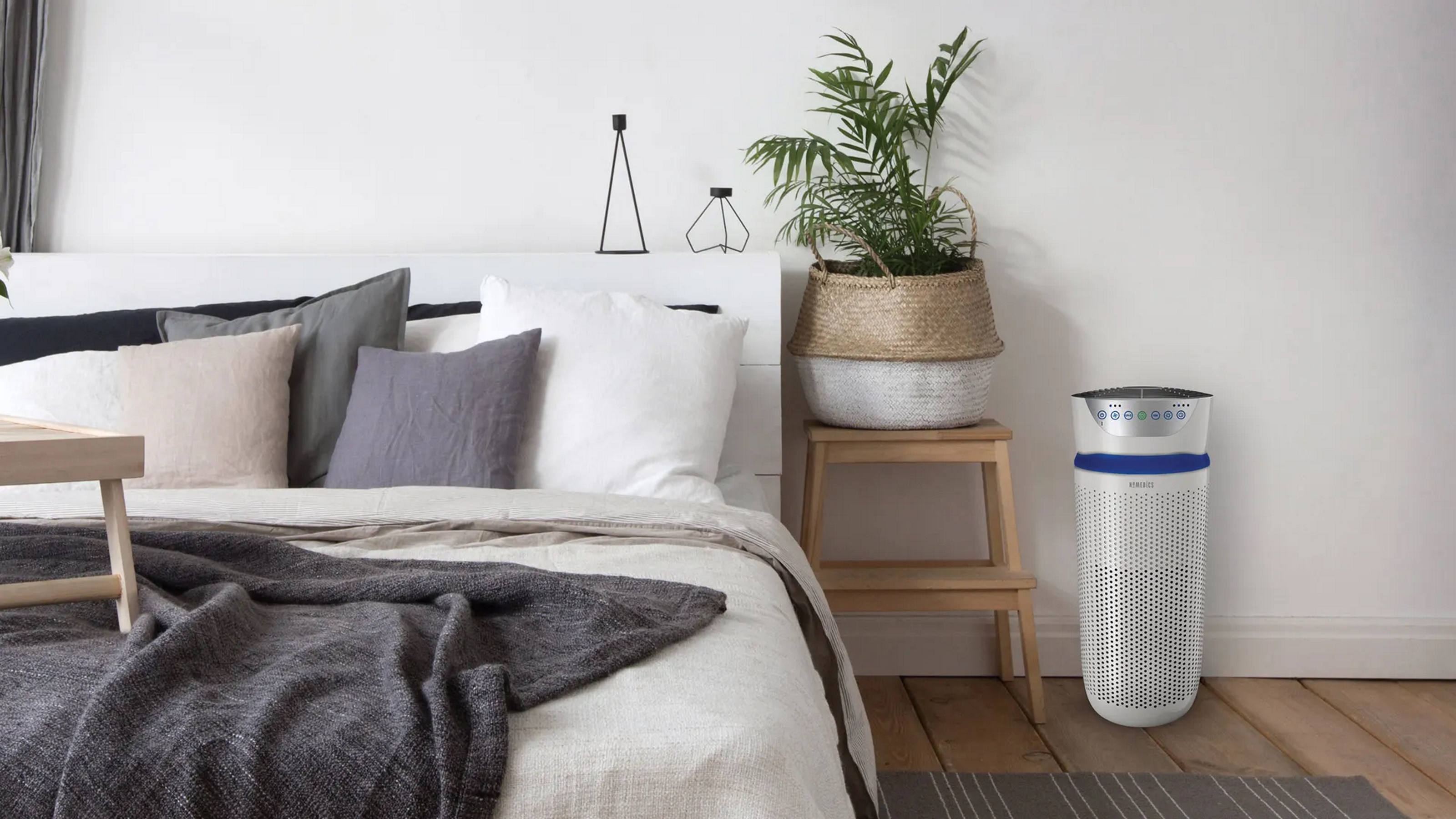

Air purifiers are proven to remove airborne pollutants and even remove odours from your home, which is why you might be wondering: Why does my air purifier smell? And what can I do about it?
The best air purifiers are certainly worthwhile investments. This small home appliance can improve air quality and help you breathe easily in a world full of contaminants and potentially dangerous airborne particulates. And while air purifiers can also tackle the spread of mould and eliminate smells from your home, they’re not bulletproof.
Every so often, an air purifier starts to smell. The appliance continues to draw in the dirty air, but it seems to release a lingering, undeterminable smell back out - and that’s not what any homeowner wants. So, here are a few reasons why your air purifier smells.
Why does my air purifier smell?
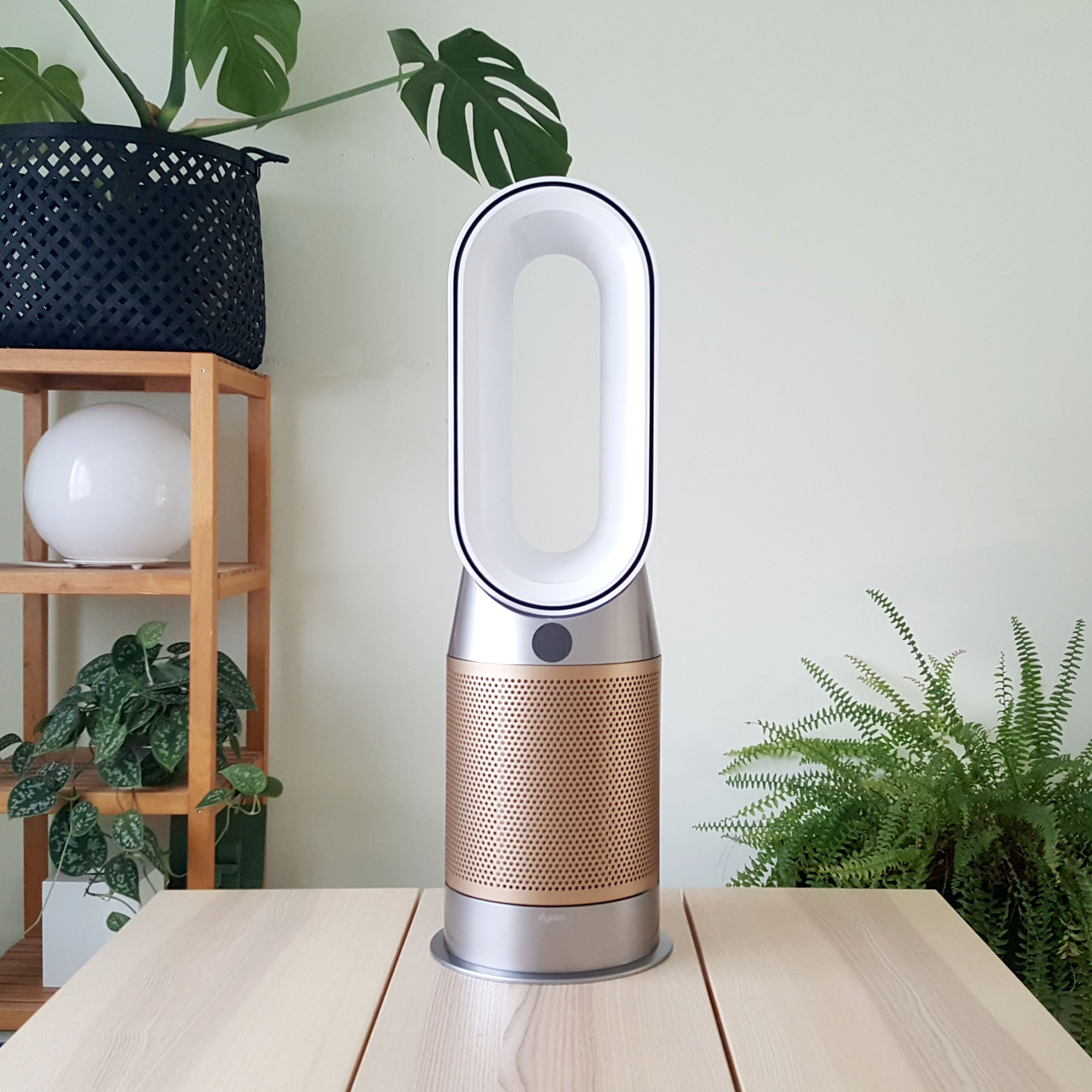
Nobody wants a smelly air purifier, but very few people know what it means when this pungent smell starts to emanate from their appliance. That’s exactly why we’ve consulted with the experts, and below, you’ll find 5 potential reasons why your air purifier has started to smell and what you can do to make that smell go away.
1. You need to change the filter
An air purifier wouldn’t be an air purifier without a filter. It’s this filter that captures all of the airborne pollutants in your home, and it’s only natural that this will get clogged up over time.
It’s noted that most air purifier filters only last between 6 and 12 months (this varies due to usage and the air quality in your home), and Chris Michael, Managing Director of Meaco, explains, ‘If the air purifier is starting to smell it’s a sign that the filter needs changing.’
And when you think about it, this makes sense - especially with air options like the Dyson Hot+Cool Formaldehyde air purifier, which also filters out formaldehyde from the air. As formaldehyde is a colourless chemical with a strong, pickle-like odour, it’s not uncommon for air purifiers to absorb and maintain this scent.
Get the Ideal Home Newsletter
Sign up to our newsletter for style and decor inspiration, house makeovers, project advice and more.
Of course, we’d love to tell you that you can simply clean a filter, but that is rarely the case. Most of the filters in air purifiers on the market today need to be fully replaced rather than cleaned to ensure an efficient appliance.
However, as soon as you replace the filter, it should stop your air purifier from smelling.

Chris has been advising on humidity solutions and dehumidifiers since 1991 and is well known within the dehumidifier industry across the world as a lead on innovation and sustainability. Since the mid-90s Chris has been a guest speaker at numerous conferences to teach museum conservators how to measure relative humidity. With a wealth of experience in the industry, Chris is committed to helping provide low-energy and low-noise solutions appliances that improve the lives of customers.
2. The pre-filter needs cleaning
Most air purifiers come with two or three different filters, one of which is the pre-filter. This allows the air purifier to filter as much as it can from the air, making it perfect for those who want to use an air purifier to stop dust.
Specifically, a pre-filter usually sits in front of the main filter. It provides the first stage of filtration and typically captures the larger pieces of dust, debris, and airborne particles in your home. It can even catch hair, but this may result in a horrible smell.
Cristina Raboj, Global Proposition Manager at Philips, explains, ‘When your air purifier's pre-filter or filter surface is dirty, or not cleaned regularly, it may cause a dusty odour or bad smell. You need to clean the pre-filter or filter surface once a month or when indicated by the appliance.’
If you’re not sure where your pre-filter is, you should always refer to the manual or contact the manufacturer.
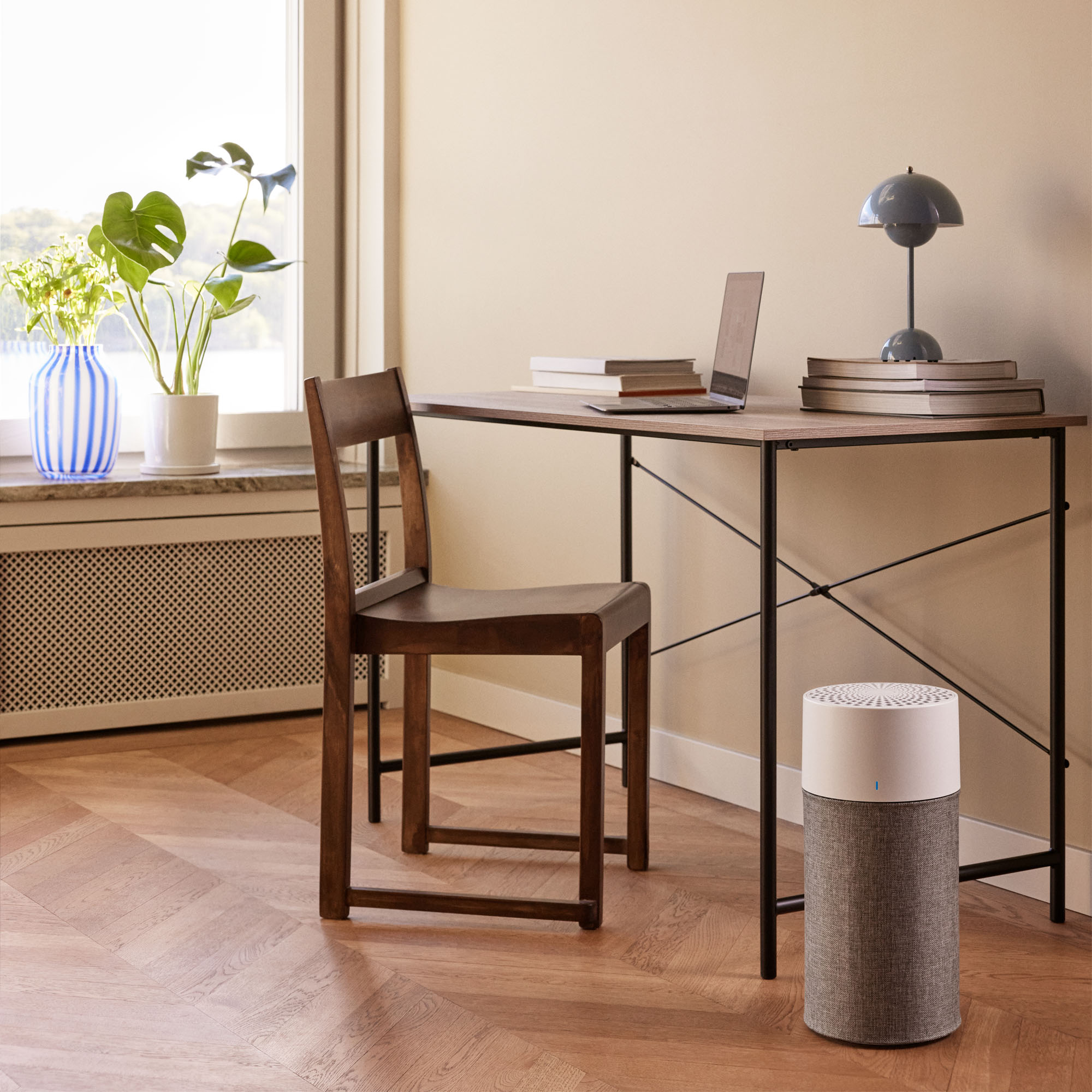
3. The filter is damp
While you may already be taking steps to get rid of damp in your home, it’s important to realise that damp can also affect your air purifier. Just as your clothes smell musty when dried inside, your air purifier filter can also smell musty when kept inside a damp home.
‘If the indoor humidity level is high, your filter could get damp and emit a strange smell,’ explains Cristina. ‘You can put the filter in a well-ventilated place for a couple of hours to reduce the smell.’
If you can, it’s also a good idea to keep your air purifier away from moisture-rich rooms, such as the kitchen or the bathroom. If you can’t do that, or you’re looking to banish condensation from your home, investing in one of the best dehumidifiers wouldn’t go amiss.
4. It’s brand new
If you’ve bought this appliance because an air purifier can help with allergies, you might worry that something's wrong when you notice the strange smell coming from it. After all, it’s never a good sign when a brand-new appliance smells a little funky.
But it’s important to give your air purifier time to settle before heading back for a refund. Similar to how the best mattresses have to go through an off-gassing period, the best air purifiers also need to take a moment to breathe. In fact, it’s very normal to catch a whiff of plastic.
Cristina says, ‘The first few times you use your Philips Air Purifier, it may produce a plastic smell due to the plastic materials of the appliance. Do not worry, this is normal and will fully disappear within a few days.’
Lars Dunberger, Blueair’s Technology Development Manager, echoes this, saying, ‘Sometimes, new air purifiers may emit a temporary odour due to the materials used in manufacturing. This is known as off-gassing and should dissipate over time.’
Just be wary that this smell shouldn’t stick around much longer than a few days. If the smell persists (or turns into a burning smell), you should definitely seek advice from the manufacturer.
5. It’s faulty
If you’ve explored all of the above and still have a smelly air purifier, it may be that your air purifier is faulty. And if you get a whiff of burning or smoke, you should unplug your air fryer and stop using it immediately.
Like all electrical appliances, air purifiers can become faulty over time. It’s uncommon, but it can still happen - which is why it’s always a good idea to buy an air purifier from a reputable retailer that can offer refunds, exchanges, and warranties.
If it's really old, it may be time to upgrade to a newer model.
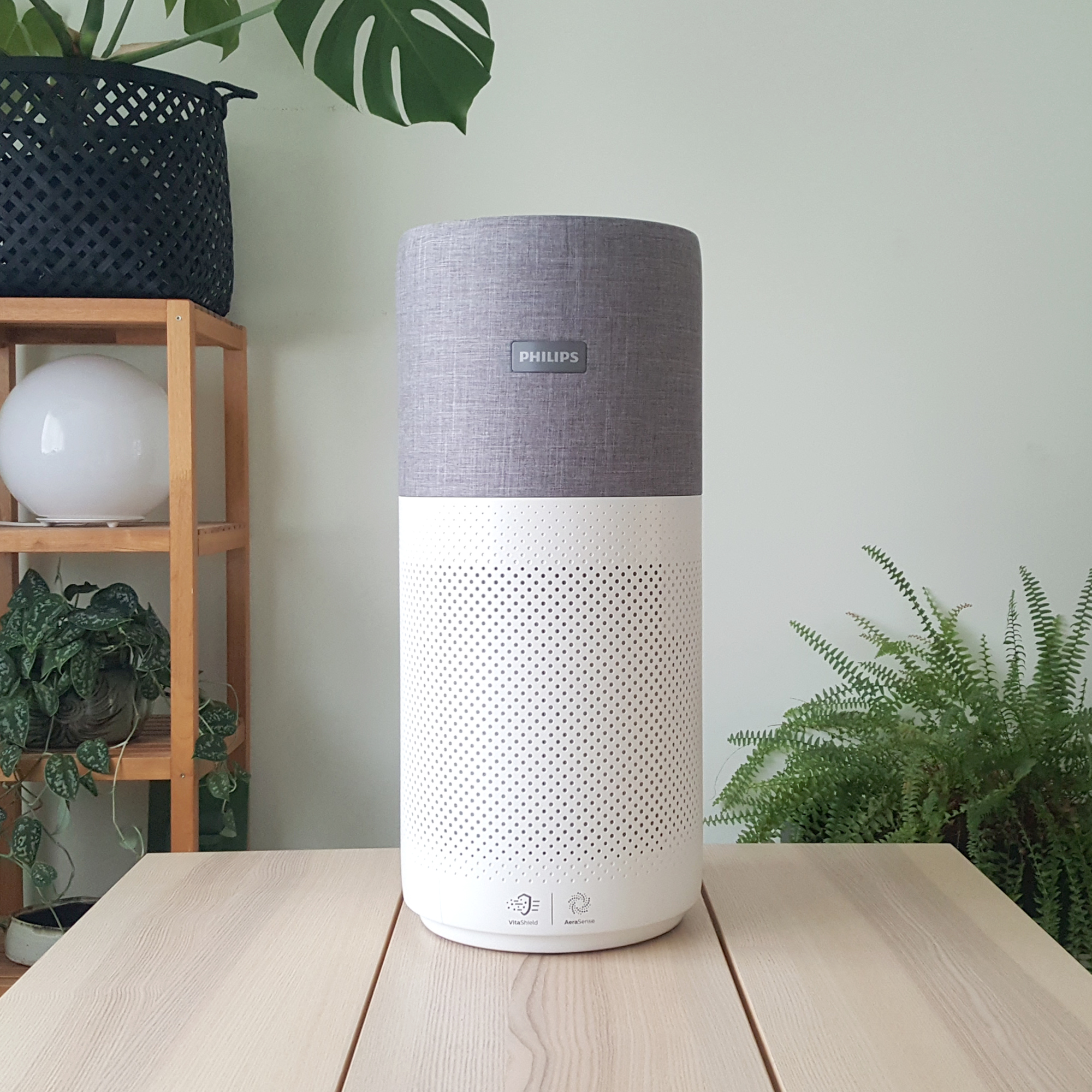
FAQs
How do you get the smell out of an air filter?
The most common reason an air filter starts to smell is because it needs to be replaced or cleaned. Most air purifier filters only have a lifespan of around 6 months to a year, as they often become covered in dust, pollutants, and contaminant particles.
However, that’s not the only reason an air filter may smell. It may be that the filter is damp, faulty, or brand new and needs time to breathe before the smell goes away.
But if you ever notice a burning smell, you should turn it off immediately and seek advice from the manufacturer.
What can I put in my air purifier to make it smell good?
If your air purifier smells bad, this is something you need to address. In fact, you may have to replace or clean the filter.
Most experts would advise against putting things like essential oils into an air purifier, as this could mess with the efficiency of the appliance and affect the efficiency of the filter itself.
So, check to make sure that the filter is clean, the appliance isn’t faulty, and that the filter isn’t too damp.
Does your air purifier smell? Hopefully it won’t anymore after reading this.

Lauren Bradbury has been the Content Editor for the House Manual section since January 2025 but worked with the team as a freelancer for a year and a half before that. She graduated with a Bachelor’s degree in English and Creative Writing from the University of Chichester in 2016. Then, she dipped her toe into the world of content writing, primarily focusing on home content. After years of agency work, she decided to take the plunge and become a full-time freelancer for online publications, including Real Homes and Ideal Home, before taking on this permanent role. Now, she spends her days searching for the best decluttering and cleaning hacks and creating handy how-to guides for homeowners and renters alike, as well as testing vacuums as part of her role as the Ideal Home Certified Expert in Training on Vacuums, having spent over 110 hours testing different vacuum models to date!
-
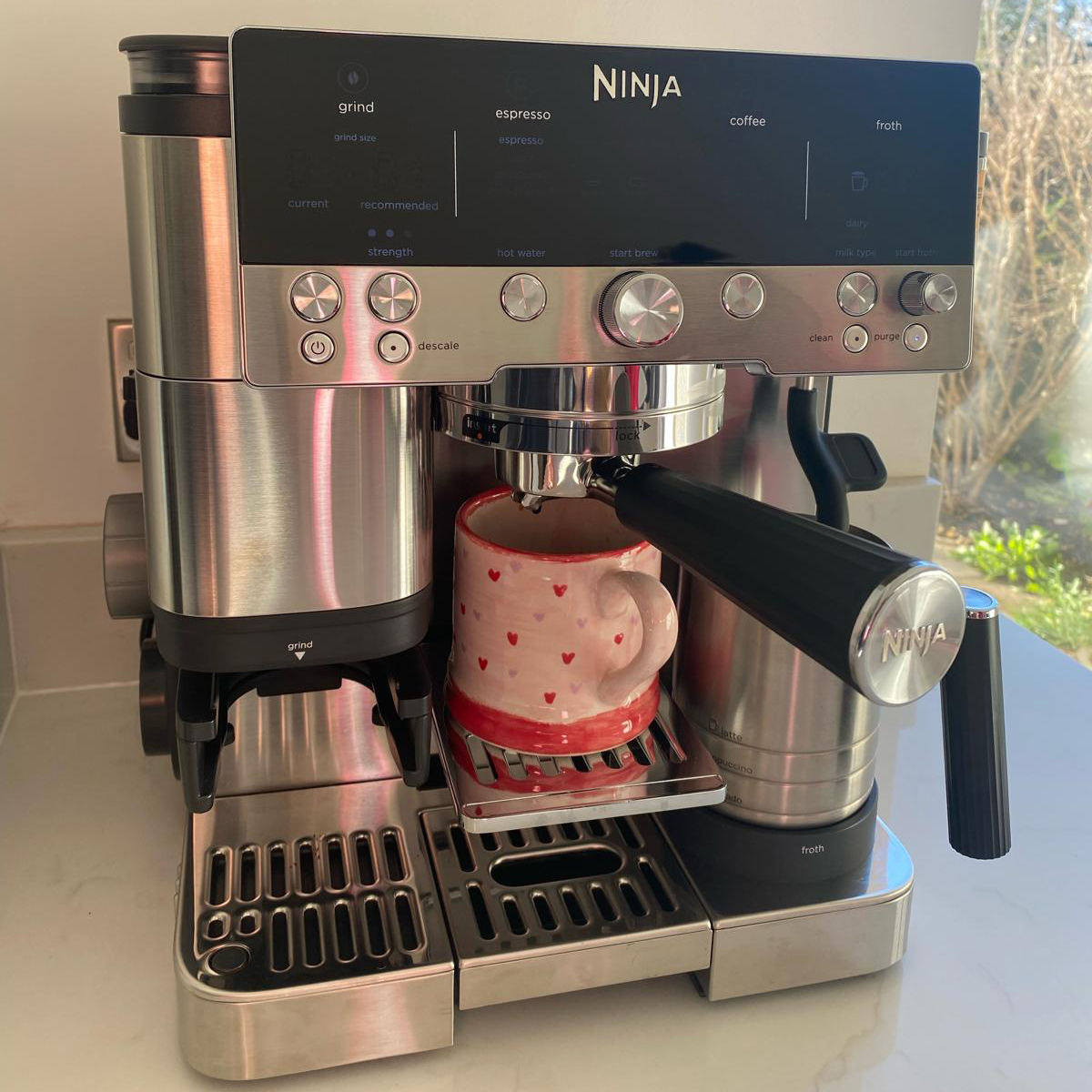 My go-to Ninja coffee machine is on sale for Easter weekend
My go-to Ninja coffee machine is on sale for Easter weekendIt makes coffee shop quality achievable at home
By Molly Cleary
-
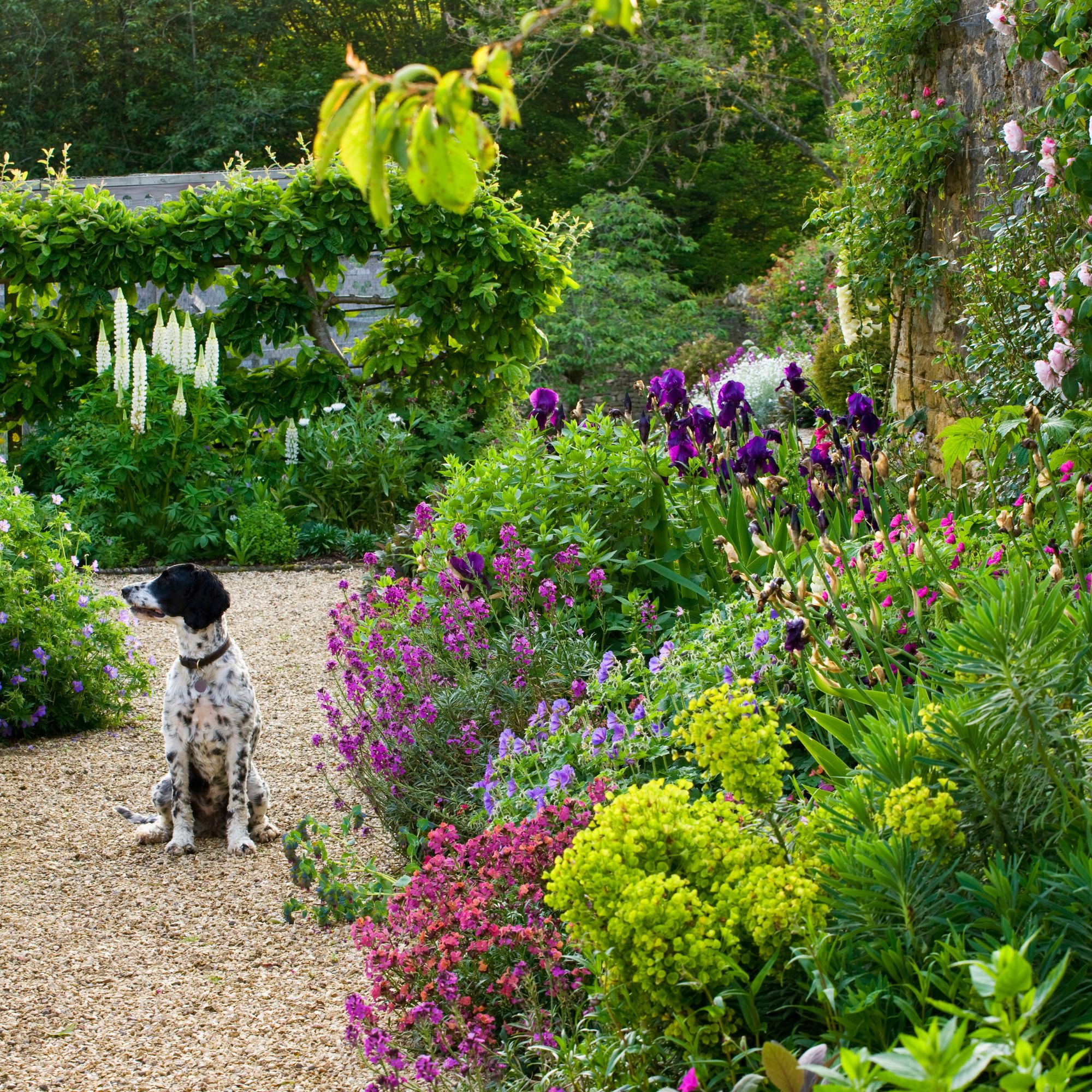 When to plant out annual flowering plants for vibrant, colourful garden borders – and give them the best start, according to experts
When to plant out annual flowering plants for vibrant, colourful garden borders – and give them the best start, according to expertsNot sure when to plant out annual flowering plants? We've got you covered...
By Kayleigh Dray
-
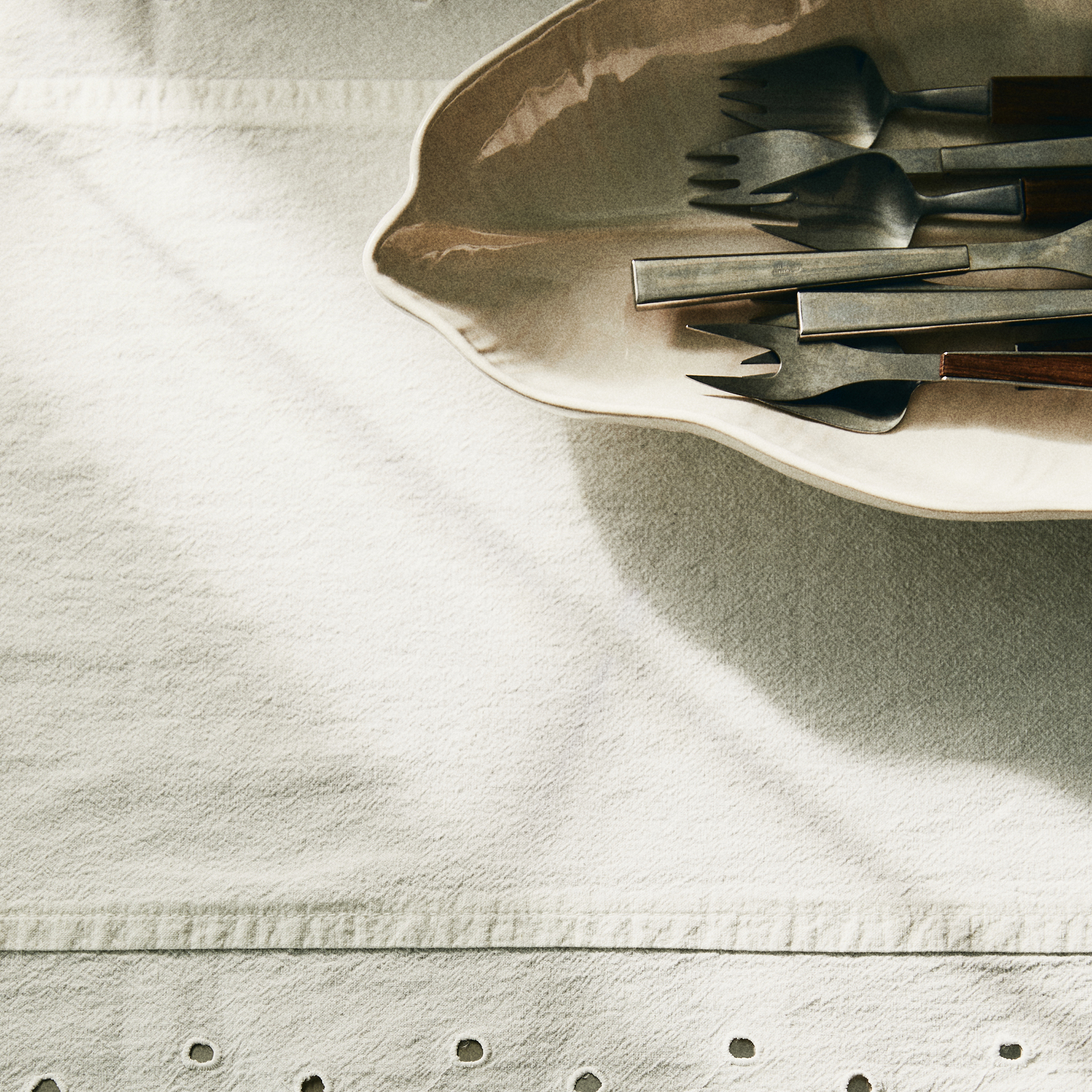 I'm a kitchen decor editor and didn't like this tableware trend - until I saw H&M Home's designer-look plates
I'm a kitchen decor editor and didn't like this tableware trend - until I saw H&M Home's designer-look platesThey made it easy to justify a new crockery set
By Holly Cockburn